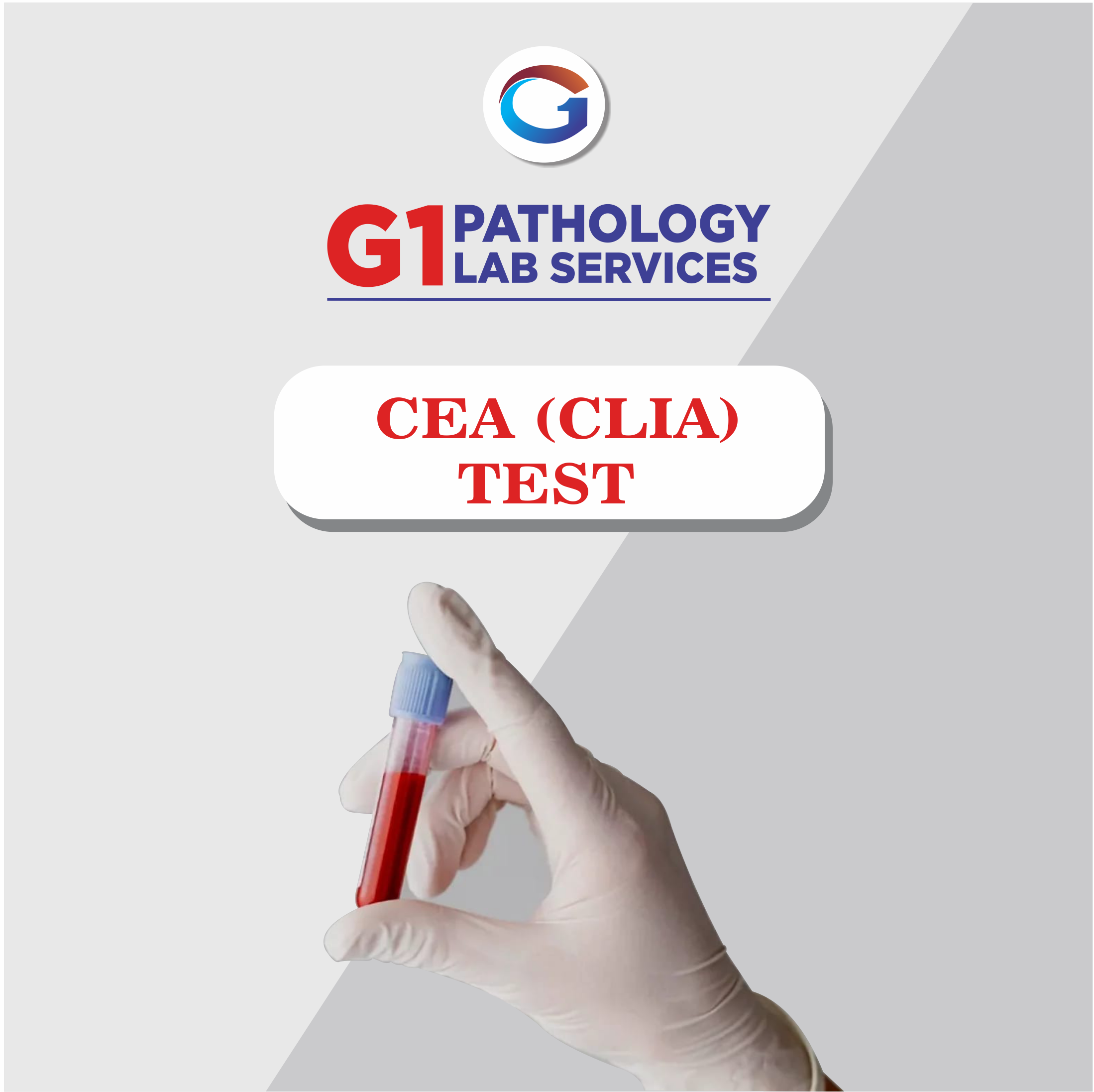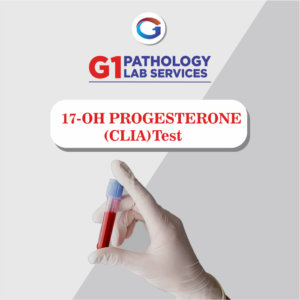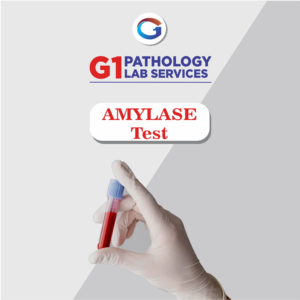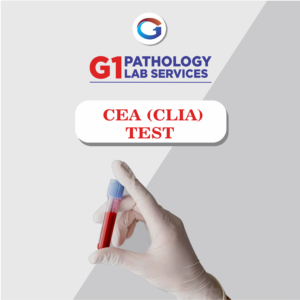Your doctor may order a CEA test when you have been diagnosed with colon cancer or other cancers like pancreas, breast, lung, ovarian, medullary thyroid prior to starting cancer treatment and then, if elevated, at regular intervals during and after therapy to detect recurrence. Sometimes, this test is also ordered when cancer is suspected but not confirmed to aid in its detection. Carcinoembryonic Antigen (CEA) is a set of glycoproteins involved in cell adhesion (an ability of the body cell to stick to other cells). It is a type of substance through which doctors can detect a tumor in the patient’s body. CEA is produced right when a baby is growing inside its mother and disappears after birth. Its value is very low at birth or not present. Ideally, it should not be present at all. However, in normal healthy tissues, it can be present in very low levels. The CEA levels may be increased in chronic smokers. CEA are proteins that are produced by some types of cancer. The CEA test is used to determine the level of efficacy provided by a given treatment employed to detect cancer. In simple words, a CEA test is used to determine how well a particular treatment works in certain types of cancer, specifically colon cancer (cancer in the large intestine). It can detect colorectal cancer in patients with a sensitivity of ~80%. However, the CEA blood test is not reliable for detecting cancer, especially during the early stages. Most types of cancers do not show high CEA levels. Colorectal cancer is a colon or rectum cancer situated at the lower end of the digestive tract. Most of the time, it starts as a growth on the inner lining of the colon or rectum. These growths are known as polyps. However, Colorectal cancer might not show signs in the early stages. CEA test is used for the diagnosis of early detection of liver metastasis (cancer spreading to the liver) in patients with diagnosed colorectal cancer. Despite this, there is very little evidence to believe that the quality of life of a colorectal patient with cancer can be improved, even with early detection and screening. It is present in around 70 to 80 per cent of advanced colon cancers, but only in about 25 per cent of early-stage colon tumors. Currently, the most useful application of CEA is in the detection of liver metastasis from colorectal cancers. Besides colorectal cancer, other conditions in which CEA levels are high are chronic or long-term smoking, liver disease, inflammatory bowel disease (Crohn’s disease and Ulcerative colitis), ulcers, cirrhosis, hypothyroidism, COPD (Chronic Obstructive Pulmonary Disease), infection and pregnancy. CEA test is also carried out after surgery to check carcinoembryonic antigen levels. This test helps the doctor check how much CEA is still present in the blood, spinal fluid or peritoneal fluid. It is also a method to assess the effectiveness of chemotherapy and radiotherapy in cancer patients. CEA levels should be monitored closely by repeated testing to prevent a recurrence. If there is a resurgence in the levels of CEA post-treatment, this might indicate the need for surgical re-exploration.
Shopping Cart







Reviews
There are no reviews yet.